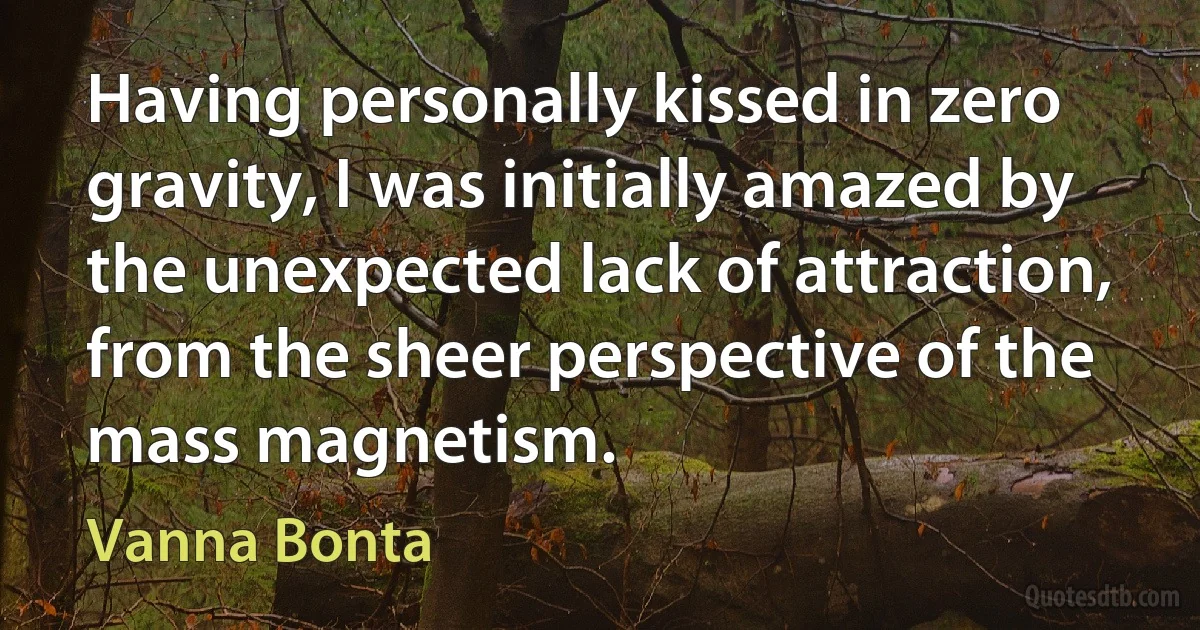Sheer Quotes - page 7
No, the parallels are between modernism, late modernism, and socialist realism, of course. That's two sides of one coin. Both came of this idea of aristocrats, of people in power, imposing the culture on the people. A totally inhuman art. Modern art, and Pollock is the best example, is totally inhuman. Huge pictures for museums--now we call them museums; in Stalin times they were called palaces, but basically the same thing--which we rarely see and rarely visit. The sheer size of this painting, it's a totally inhuman scale. And there it can be typified...

Alexander Melamid
Or when people break up, they always use a bunch of lines on each other, you know, terrible rubbish lies, like "It's not you, it's me, it's me." It's NEVER you, it's always them! You should level with these people! Tell them! "You know that strange sound you used to hear when you were going to sleep? That was me CHEWING the bed, out of sheer boredom! OOOOHH, How I HATE you, I hate you so much it gives me energy! I have to get up early in the morning to hate you because there isn't time enough in the day. Please, GO AWAY!" Or that other BULLSHIT: "I need more space!" People never quantify exactly how much space they really need.. do they? But strangely enough, it always seems to be the exact same height, depth and breadth as you.

Dylan Moran
An unbiased reader, on opening one of their [Fichte's, Schelling's or Hegel's] books and then asking himself whether this is the tone of a thinker wanting to instruct or that of a charlatan wanting to impress, cannot be five minutes in any doubt. ... The tone of calm investigation, which had characterized all previous philosophy, is exchanged for that of unshakeable certainty, such as is peculiar to charlatanry of every kind and at all times. ... From every page and every line, there speaks an endeavor to beguile and deceive the reader, first by producing an effect to dumbfound him, then by incomprehensible phrases and even sheer nonsense to stun and stupefy him, and again by audacity of assertion to puzzle him, in short, to throw dust in his eyes and mystify him as much as possible.

Arthur Schopenhauer
A mother-complex is not got rid of by blindly reducing the mother to human proportions. Besides that we run the risk of dissolving the experience "Mother" into atoms, thus destroying something supremely valuable and throwing away the golden key which a good fairy laid in our cradle. That is why mankind has always instinctively added the pre-existent divine pair to the personal parents-the "god"father and "god"-mother of the newborn child-so that, from sheer unconsciousness or shortsighted rationalism, he should never forget himself so far as to invest his own parents with divinity.

Carl Jung
Parents always live a less pure life than their children, because they condone everything they do. The ability to condone everything in oneself but practically nothing in one's children is the boon that "experience" bestows on humanity. What parents call experience is really nothing but attempts, successful to the point of sheer cynicism, to belie everything which they found pure, true and right when they were young. They themselves don't notice the awful cynicism behind this incessant talk of "experience" being the highest aim in life: they only notice "inexperience" in their children, that is, the form of inexperience called purity and integrity, and then they get annoyed.

Stig Dagerman
The condemned man found himself transformed into a hero by the sheer extend of his widely advertised crimes, and sometimes the affirmation of his belated repentance. Against the law, against the rich, the powerful, the magistrates, the constabulary or the watch, against taxes and their collectors, he appeared to have waged a struggle with which one all too easily identified. The proclamation of these crimes blew up to epic proportions the tiny struggle that passed unperceived in everyday life. If the condemned man was shown to be repentant, accepting the verdict, asking both God and man for forgiveness for his crimes, it was as if he had come through some process of purification: he died, in his own way, like a saint.

Michel Foucault
"You've killed me. Why'd you want to kill me," he said, and died. The expression of hurt surprise and wounded reproach and sheer inability to understand stayed on his face like a forgotten suitcase left at the station, and gradually hardened there. Prew stood looking down at him, still shocked by the reproving question.

James Jones
My friends assured me that Hitler's talk was sheer bombast,” Vishniac said in 1955. "But I replied that he would not hesitate to exterminate those people when he got around to it. And who was there to defend them? I knew I could be of little help, but I decided that, as a Jew, it was my duty to my ancestors, who grew up among the very people who were being threatened, to preserve - in pictures, at least - a world that might soon cease to exist.

Roman Vishniac
There are several pleasant little towns like Abbottabad in Pakistan, strung out along the roads that lead toward the mountains from Rawalpindi...The colonial British-like Maj. James Abbott, who gave his name to this one-called them "hill stations," designed for the rest and recreation of commissioned officers. The charming idea, like the location itself, survives among the Pakistani officer corps. If you tell me that you are staying in a rather nice walled compound in Abbottabad, I can tell you in return that you are the honored guest of a military establishment that annually consumes several billion dollars of American aid. It's the sheer blatancy of it that catches the breath.

Christopher Hitchens
Sheer scholarship alone cannot reveal to us the gospel of grace. We must never allow the authority of books, institutions, or leaders to replace the authority of KNOWING Jesus Christ personally and directly. When the religious views of others interpose between us and the primary experience of Jesus as the Christ, we become unconvicted and unpersuasive travel agents handing out brochures to places we have never visited.

Brennan Manning
As I have already mentioned in the introduction to this volume, this handbook is not destined to be the steppingstone in the search after wealth and honor, but it has to serve the purpose of studying Man the microcosm in relation to the macrocosmic Universe together with their laws... He who stands upon the purely materialistic position, an unbeliever in religious matters, ignoring supernatural phenomena and only concerned in material interests, undoubtedly will regard this book as sheer nonsense, and I am not purposed to convert such people to any faith or to change their ideas. This work has exclusively been written for those who seek...

Franz Bardon



